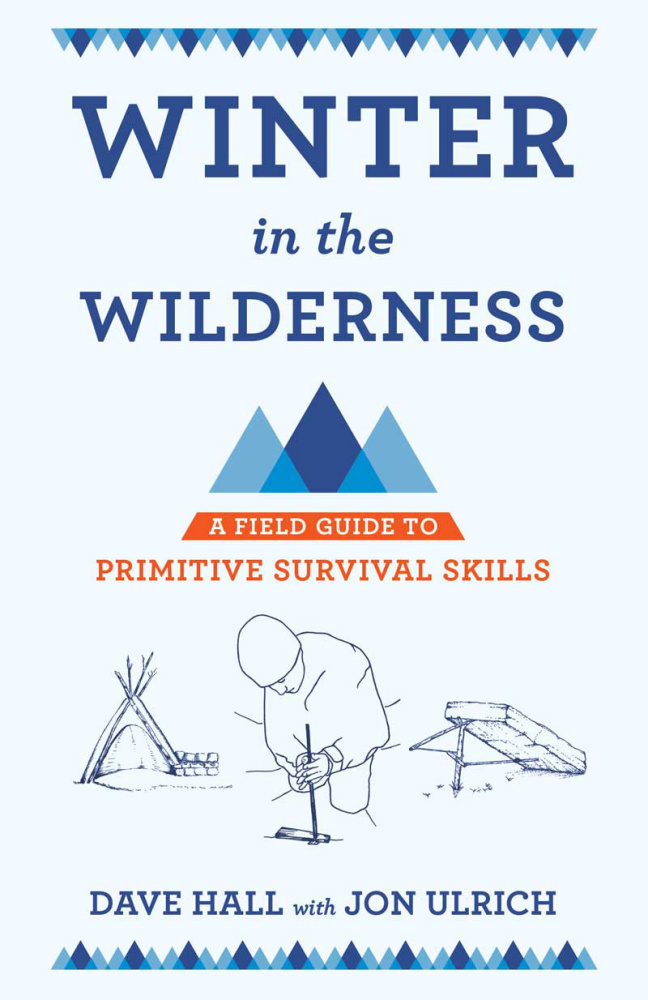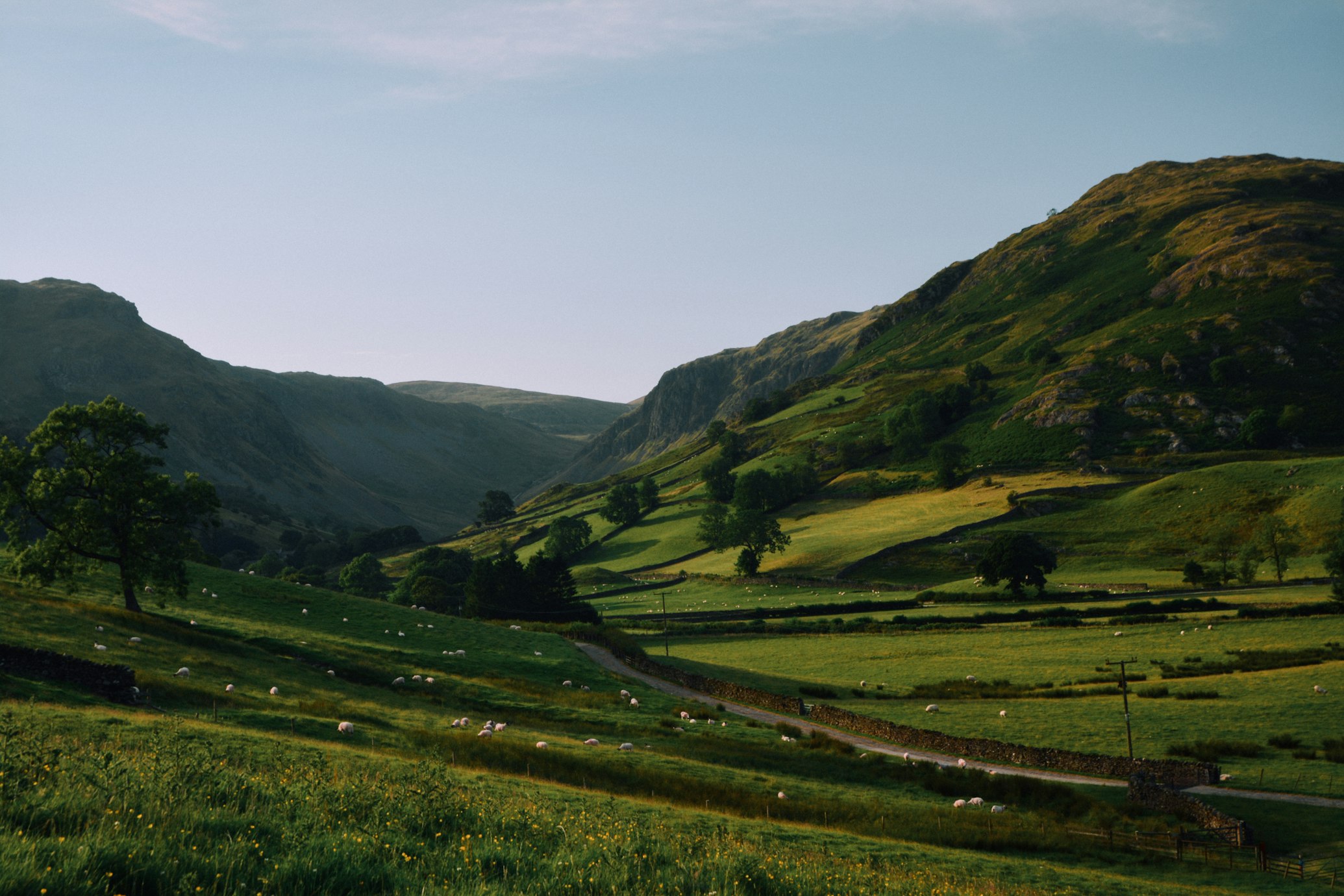I reviewed Dave Hall's excellent book, Winter in the Wilderness. I got a chance to have an exclusive interview with the author and ask him 8 questions. His answers are extremely useful for anyone who is interested in winter survival.
1. What's been the most uncomfortable/life-threatening situation you've ever survived in the winter? How did you do it?
Two events come to mind. In both instances, I didn’t feel that my life or the lives of anyone in our group were in imminent danger, but circumstances could have changed and easily become life-threatening.
The first happened when I was in college and leading a group into the High Peaks of the Adirondacks. We stayed in the Adirondack Loj campground under what I would call severe conditions, with temperatures hovering at 30 degrees below zero. Our plan was to summit Algonquin Peak the next day. With the wind chill, temperatures dropped to about 50 below during our hike.
We decided to tackle Wright Peak instead, with only four or five of us summiting while the rest of our party stayed below treeline. Our gear served us well, but it was evident that this was a potentially disastrous situation. On the way down, on the lee of a boulder, I removed my mittens to make an adjustment and the ache and pain in my hands was instantaneous.
The second situation occurred when my colleague, Tim Drake, and I led a group of students from the College of Environmental Science and Forestry on a winter overnight into the Labrador Hollow Unique Area. During this particular expedition, we faced a situation that until that point I had often thought about but never experienced. Conditions at the outset of our journey were ideal but soon took a harrowing turn. It began to rain, then sleet, then snow. This presented one of the most deadly winter survival situations into which I had ever been cast. Everything—and I mean everything—was wet. By nightfall, most of the students had finished their shelters, but it was
It began to rain, then sleet, then snow. This presented one of the most deadly winter survival situations into which I had ever been cast. Everything—and I mean everything—was wet. By nightfall, most of the students had finished their shelters, but it was fire that saved our asses. This is a skill that must be mastered, and it is situations like these that speak to its importance.
2. What's been your biggest winter survival error? What did you learn from it?
In truth, I have encountered few, if any, errors. I have certainly been uncomfortable at points throughout the years, but I have never exceeded my limitations—and it’s important to know what those limitations are. I try to stay dry and push myself to improve and expand on my skill set. I have always gone into winter situations prepared and with deliberate intentions. Even when I embark on a short cross-country skiing trip into the woods near my home, I bring along a knife and a lighter.
3. What's the biggest myth that people have about winter survival? (That it's freezing in a snow cave?)
The idea that it’s freezing inside of a snow shelter may be the greatest myth perpetuated about winter survival. “I could never do that! It would be too cold!” The fact is a properly-built snow shelter will maintain an interior temperature of around 40 degrees. They are quiet, snug, and offer great versatility.
4. If you could only bring one item with you (besides your clothes), what would you bring to survive 3 days in the snowy winter?
I would bring a modern fire-making device such as a lighter. I can build a shelter with improvised tools, but fire is far too critical to be caught without. Beyond keeping me warm, fire helps me fashion containers for holding and heating water, cook food, and gives me options for the long-term like signaling. And it’s a wonderful companion. It keeps you company.
5. Are there any statistics on the survival rate of people who attempt to walk out versus those who camp and wait?
I haven’t seen any. Your question reminds me of a great book by Laurence Gonzales titled Deep Survival: Who Lives, Who Dies, and Why. He looks at the physical and psychological aspects of many intriguing true-life survival situations. In our book, I try to offer sound and realistic advice when it comes to this topic. Like any other skill, aidless navigation is a practice.
6. What's the longest time you've spent in the wild? How was it?
Two months. After I graduated from college, I spent eight weeks backpacking with my friend, Brian Sheedy, in the Rocky Mountains of Canada and the United States. With the exception of the occasional layover at a small town to restock and shower, we were almost exclusively in the backcountry. Because this was an early-season trip, we often had to set up our tent in the snow as we covered parts of the Continental Divide Trail, Glacier National Park, and the Canadian Rockies. It was an amazing experience. Brian and I would travel for what seemed like weeks without seeing another human being. Even in Yellowstone, which came at the end of our trip, we saw very few people once we wandered from established roads.
7. Besides being colder and darker, are there other unusual challenges that the arctic winter delivers?
If you’re not a skilled hunter or trapper, the arctic will kill you. It’s that simple. I’ve read a lot of Farley Mowat’s work and am always amazed at the ingenuity that the indigenous people of North America employed to ensure their survival. These latitudes offer far fewer resources than other parts of the world. With limited vegetation, fire may not be an option. And in the dead of winter, finding food may be difficult for those without proper weaponry. At some point, it all comes down to calories.
8. Do you have another book in you?
Yes. Jon and I are in the initial stages of pitching another book to Cornell University Press on nature observation and awareness that takes an in-depth look at the collective skills of our human ancestry. Out of necessity, our forebears had to employ certain knowledge to foster close encounters with wildlife. These traditional relationships are foreign to most people and because they are part of an oral tradition, may someday be lost.






